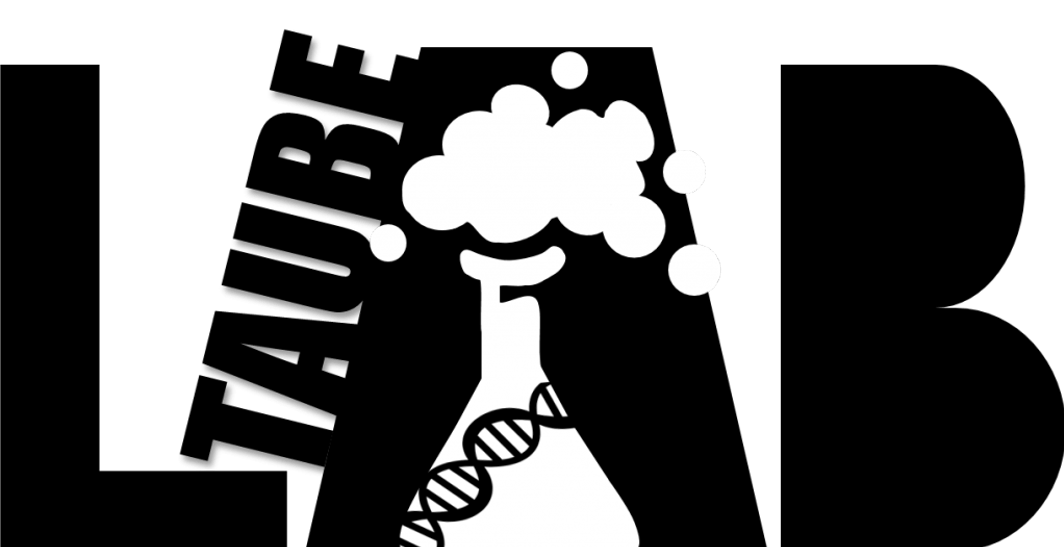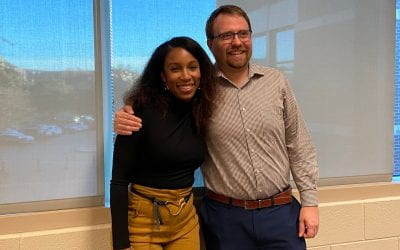Outgrowth of disseminated metastases is the major cause of mortality in cancer patients. In the Taube lab, we are investigating the molecular pathways and cellular properties which enable primary tumor cells to metastasize.
In normal tissues, epithelial cells form a well-structured barrier using a variety of adhesion molecules. However, aberrant activation of a conserved cellular program, termed epithelial-mesenchymal transition (EMT), facilitates the separation of epithelial cells from this tissue. When EMT occurs in epithelial tumors, the probability of metastatic dissemination is increased.
Our current work is focused on uncovering the regulatory mechanisms which facilitate EMT in both normal and cancerous settings, describing the specific targets and roles of these regulatory mechanisms and testing small molecule inhibitors of these proteins to ultimately lead to novel therapeutic strategies.

Ongoing projects
If you are interested in a specific project, click below on the desired project.

Small Molecules to target Cancer Stem Cells
Cancer stem cells are intrinsically resistant to most therapies. Through a collaboration with leading synthetic chemists, we are investigating and developing compounds that selectively eliminate cancer stem cells through non-apoptotic mechanisms.

Outer Membrane Vesicles and Cancer
Outer membrane vesicles are spherical lipid vesicles that result from budding of the outer membrane of various bacteria. We are working on defining the relationship between bacterial outer membrane vesicles and the biology of colonic epithelia and cancer stem cells.

Reversible EMT and Metastasis
Epithelial-mesenchymal transition (EMT) enhances metastatic dissemination while partial EMT or reversal of EMT facilitates growth of metastases. We are investigating the epigenetic factors that allow for epithelial-mesenchymal plasticity and which contribute to metastasis.

MiniPharma Collaboration
The MiniPharma group is an undergraduate-lead collaboration under the guidance of Drs. Romo (synthetic chemistry), Hull (computational chemistry), and Taube (cancer biology).
The goal of the collaboration is to provide participating undergraduates with a ‘taste’ of the pharmaceutical industry with respect to development of small molecule inhibitors as potential chemotherapeutics by focusing on early stage drug lead development. See the website for more information or to get involved!
Ongoing Projects
Lab Members
Doctoral Degrees
Lab Publications

Our Team
At Baylor University, the Taube Lab consists of both undergraduate and graduate students working on a variety of projects. Click below to learn more about the people behind the research in our lab.
News and updates
Congratulations Alyisa!
Congratulations to Alysia Martinez, Undergrad and collaborator with Greathouse Lab, for her presentation and selection as a finalist at the Capital of Texas Undergraduate Research Conference!
Congratulations Kelsey!
In December, Kelsey Johnson became the second student awarded a doctoral degree for her work on the epigenetics of EMT. Congratulations Kelsey and best of luck in your future biotech career!
Congratulations Keighley!
Keighley Reisenauer became the first Taube Lab student to defend a doctoral dissertation! Congratulations Dr. Reisenauer! What a journey!
Congrats Shuxuan!
The Taube lab is proud to announce the successful Masters defense of Shuxuan Song on 3/25/21. This completes the first MSc defense from the Taube lab and Shuxuan's work on miR-203 will pave the way for great future work. Congratulations, Shuxuan!
Taube Lab is More Than Pink!
The Taube Lab (Joe, Keighley, Shuxuan, and Provas) plus Chemistry Grad Student and Survivor, Emily Taylor, braved the sudden snap of Waco cold weather as part of Team Taube Lab at the Waco "More Than Pink" Komen Walk 2019! This year, the initiative showcased the...
The Taube Lab Turns Up the Heat in AZ at MBC 2019!
In our first meeting since our graduate student n=3, the Taube Lab traveled outside TX(!!) to Scottsdale, AZ to the Metastatic Breast Cancer conference. It was hot, but so was the science! Lots of amazing conversations between researchers, clinicians, and advocates....







